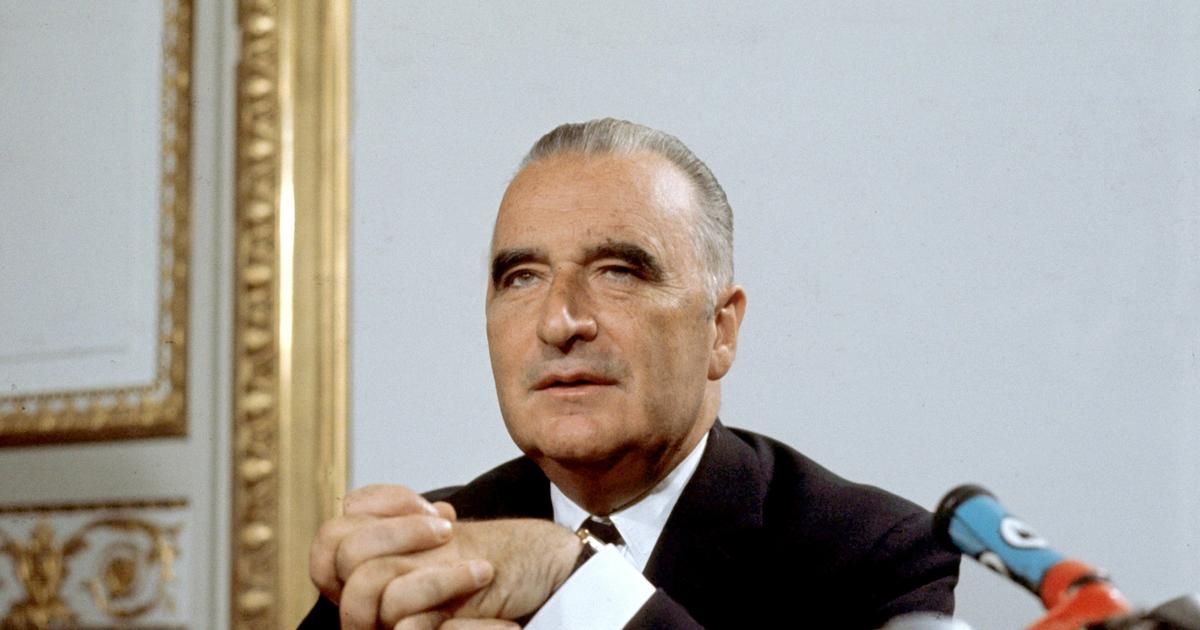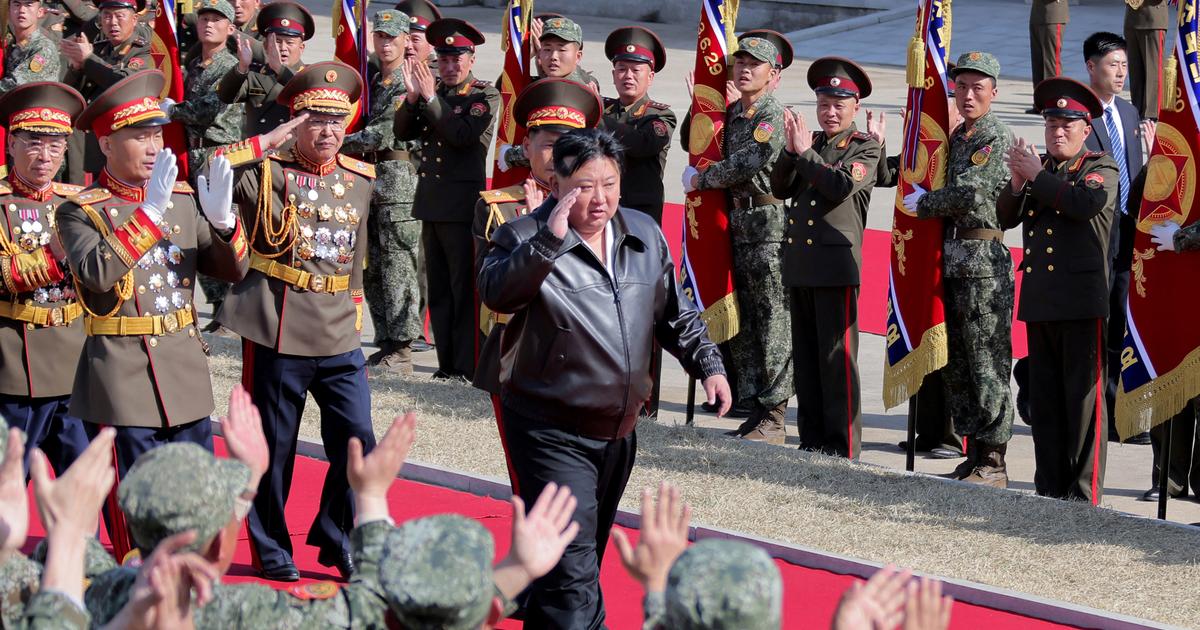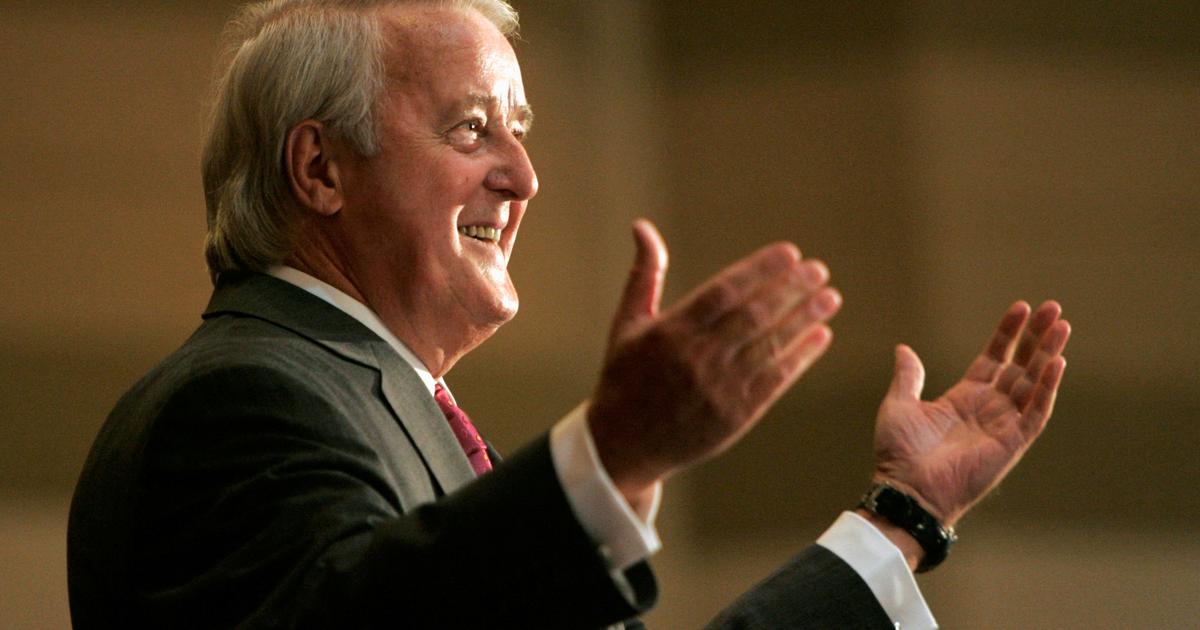The trade war between the two giants shook the global economy. There is now a fragile peace between the United States and China. The corona pandemic has created new hostility.
Beijing / Washington (dpa) - Two years after the start of the US trade war with China, the two largest economies are on a confrontation course more than ever.
After punitive tariffs on goods worth hundreds of billions of dollars, countless threats and tough negotiations, a good ceasefire finally appeared in mid-January: the United States and China signed the first part of a comprehensive trade agreement. But the joy didn't last long. The novel corona virus from China brought the global economy to its knees and brought Trump a crisis, the consequences of which could even cost him victory in November.
"The ink was not dry under the contract when the plague swept in," Trump said angrily about the corona virus. The "China plague" is a "very bad gift" from the communist leadership to the world, Trump said. "I see the trade agreement a little differently than three months ago," said Trump in the White House garden. "Coping with China would be a good thing, but I don't know if it will work," Trump concluded.
Great love sounds different. Since the spread of the corona pandemic, China has again become Trump's number one foreign bogeyman. Beijing, in turn, is upset about the blame. The recently announced sanctions against Hong Kong for Beijing's interference in the autonomy of its Special Administrative Region are also contributing to the tensions. There is also no lack of other controversial issues: visas for journalists and students, security policy in the Indo-Pacific region and restrictions on technology exports and passenger flights between countries are just a few of the controversies.
The trade war has become a kind of cold war: one looks at oneself suspiciously, reproaches one another and does not trust the partner, but neither side wants to escalate the conflict again, because the corona pandemic has weakened both giants.
It all started on June 15, 2018: Trump fired the first shot in the trade war with punitive tariffs on imports from China of $ 50 billion. He wanted to reduce the trade deficit with China and criticized Beijing's unfair trading methods. The conflict rocketed until Trump a year later imposed punitive tariffs on almost all imports from China worth more than $ 500 billion - more than Beijing could answer with countervailing duties. Exports declined.
The decline in the flow of goods and the uncertainties surrounding the trade war also dampened global growth. In January, just as the Corona pandemic started in China, both sides agreed at least on a partial agreement. The key point was China's promise to buy more goods in the US for over $ 200 billion over two years - primarily oil and gas (50 billion), industrial goods (80 billion) and agricultural products (32 billion).
However, the decline in demand in China and the slump in world market prices now make it increasingly questionable how the goals can be achieved. Chinese experts already speak of "force majeure". Experts from the Peterson Institute for International Economics in Washington concluded that China has not yet achieved half of its goals.
"The basis of the agreement is the market economy, not a planned economy," says economics professor Huang Weiping from the People's University (Renmin Daxue) in Beijing. "If the traders don't buy, the Chinese government can't force them." China's Prime Minister Li Keqiang, on the other hand, has said it will work well together. "Both countries win through cooperation and lose in a confrontation." Decoupling the two economies would be harmful to both countries and the rest of the world, he warned.
Trump had originally always advocated entering into a comprehensive trade agreement with China. Despite punitive tariffs as a means of pressure, Beijing was not intimidated. Trump then had to turn around and sell the partial agreement as a success. Critics complained that the contract ultimately solved problems that Trump himself had created. In addition, most punitive tariffs continue to apply - which weakens growth.
The US government has so far been rather silent on whether Beijing will deliver on its promises from the partial agreement. It seems that the trade conflict is not to be rekindled: The US economy is in a severe recession because of the corona virus, and there are as many unemployed people as there have not been in decades.
In addition, the conflict with China is politically helpful for Trump: he can assert to his voters that he has "dealt with China hard" and has achieved a "good deal" that has billions in for the US. China is a useful enemy for Trump: In an election campaign video, his campaign advertises that Trump is committed to "building factories here instead of in China". Trump wants to "make America great again" - and gladly at the expense of China.
Trump's policy has set in motion a dynamic that experts describe in one word: decoupling. China is focusing more on its own strength than ever and is counting on domestic demand due to the global economic crisis. Due to the US restrictions on Chinese high-tech companies such as the telecommunications giant Huawei, domestic innovation is also being boosted in order to become independent of US technology. Some US companies, in turn, are trying to reduce their dependency on China in their supply chains.
For the time being, however, the trade conflict is not expected to flare up again, particularly since both economies have been weakened by the Corona crisis, as analyst Eric Robertsen from Bank Standard Chartered told CNBC. The risks would be significantly greater for Trump and China's head of state and party Xi Jinping today, he warned. "Both leaders will be very careful not to let the recovery derail at an early stage that they are both trying to accomplish," said Robertsen.














